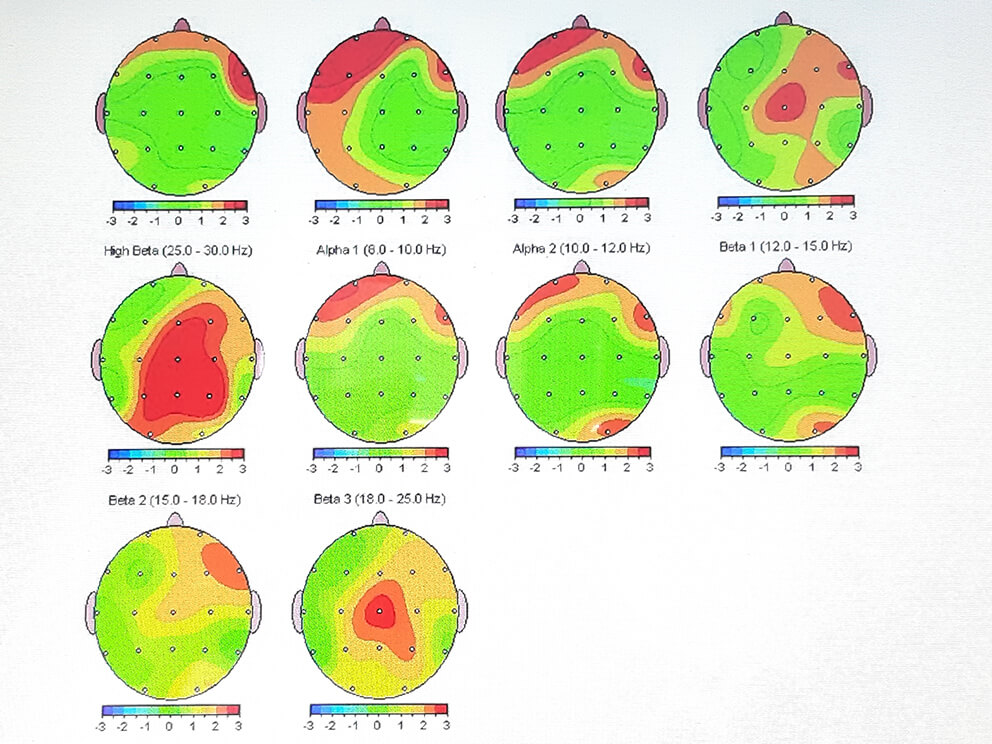There are various types of slumber disorders, including insomnia, slumber apnea, and unsettled leg syndrome. Insomnia is characterized by difficulty going or staying asleep, while sleep apnea involves interruptions in respiration during slumber. Restless leg syndrome induces uncomfortable feelings in the limbs, leading to an compelling urge to shift them. Each of these disorders can disturb the natural slumber cycle, which comprises of different stages, including light sleep, profound sleep, and REM (rapid eye movement) sleep. Each stage plays a vital role in maintaining overall brain health and function.
When sleep disorders interfere with these stages, neural wave activity can become irregular. For instance, during deep sleep, the brain generates slow delta waves, which are important for bodily restoration and memory consolidation. If a person undergoes frequent awakenings or does not attain profound sleep, the production of these delta waves is reduced. This can lead to challenges in learning new knowledge and retaining memories. why not check here Additionally, REM sleep, which is linked with fantasizing and emotional processing, is also impacted. Disruptions in REM sleep can lead to issues with emotional regulation and creativity.
The effect of sleep disorders on mental function is substantial. Research has shown that people with slumber disorders often experience challenges with attention and focus. This can affect their performance at school or work, making it difficult to finish tasks or participate in discussions. Furthermore, chronic slumber deprivation can lead to emotional changes, heightened stress, and even nervousness or depression. These cognitive and affective challenges can create a cycle, where inadequate sleep results to cognitive difficulties, which in turn can result to more slumber problems.
Addressing sleep disorders is essential for enhancing brainwave activity and cognitive function. Therapeutic options may include lifestyle changes, such as creating a consistent sleep schedule, creating a comfortable sleep environment, and engaging in relaxation techniques. In some cases, clinical intervention may be required, such as using a CPAP machine for sleep apnea or pharmaceuticals for insomnia. By valuing sleep and pursuing appropriate treatment, people can improve their overall cognitive abilities and improve their quality of life. Understanding the connection between sleep disorders, neural wave activity, and cognitive function is an essential step toward improved health and well-being.
